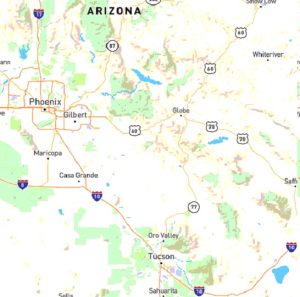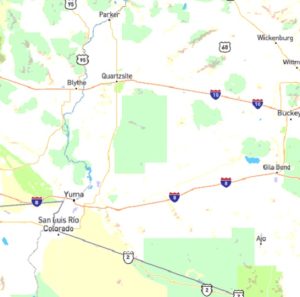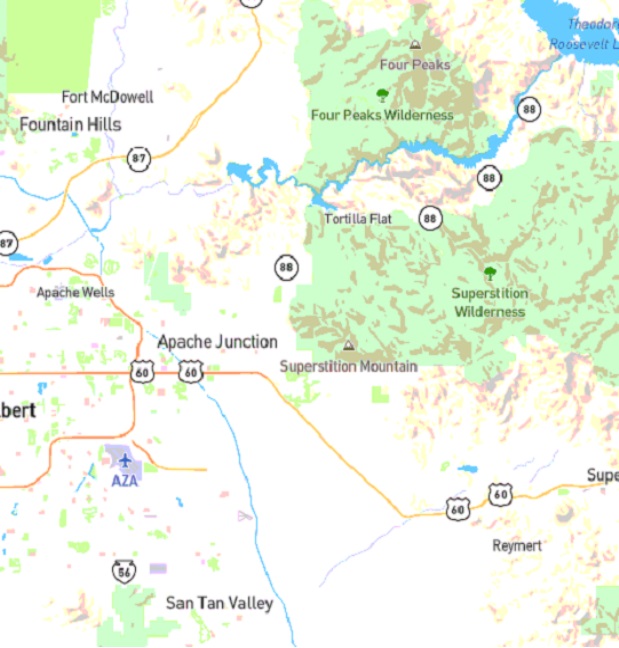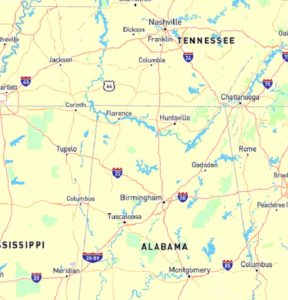Phoenix, Arizona vs Tucson, Arizona Population and Size Compared
Phoenix and Tucson are two of the most significant cities in Arizona, each offering a unique blend of culture, lifestyle, and opportunities. Phoenix, as the state capital and largest city, stands in stark contrast to Tucson, which is known for its rich history and vibrant cultural scene. This comparison will delve into their populations, geographical sizes, economies, educational opportunities, and overall quality of life.
Location and Historical Context
- Phoenix, Arizona: Located in the south-central part of the state, Phoenix is the capital of Arizona and the fifth-largest city in the United States. Founded in 1867 as an agricultural community, Phoenix has transformed into a major metropolitan area and a hub for business, technology, and culture. The city’s growth has been fueled by its warm climate, economic opportunities, and diverse population.
- Tucson, Arizona: Situated about 100 miles southeast of Phoenix, Tucson is the second-largest city in Arizona. Founded in 1775, Tucson has a rich historical background influenced by Native American, Spanish, and Mexican cultures. Known for its stunning desert landscapes and mountain ranges, Tucson has maintained its unique cultural identity while evolving into a vibrant urban center.
Population and Demographics
- Phoenix: As of the latest estimates, Phoenix has a population of approximately 1.7 million residents. The city is diverse, with a wide range of ethnicities and cultures, contributing to a rich community tapestry. The median age in Phoenix is around 34 years, with a large percentage of young professionals and families.
- Tucson: Tucson has a population of about 550,000 residents. The city is also ethnically diverse, with a significant Hispanic population. The median age in Tucson is slightly higher than in Phoenix, around 34 years, reflecting a mix of families, college students, and retirees.
Economy and Job Opportunities
- Phoenix: Phoenix has a robust and diversified economy, with key industries including healthcare, finance, technology, and manufacturing. Major employers in the area include Banner Health, Wells Fargo, and Intel. The city’s economic growth has led to a booming job market, attracting professionals from various fields.
- Tucson: Tucson’s economy is also diverse, with significant contributions from sectors such as education, healthcare, and tourism. Major employers include the University of Arizona, Raytheon Missile Systems, and the Davis-Monthan Air Force Base. Tucson’s economy has been growing, particularly in the tech sector and healthcare.
Education and Quality of Teaching
- Phoenix: Phoenix offers a variety of educational opportunities, including several public school districts, private schools, and higher education institutions such as Arizona State University, one of the largest universities in the country. The city’s educational landscape supports a range of programs and research initiatives.
- Tucson: Tucson is home to the University of Arizona, a major research institution that offers a wide array of undergraduate and graduate programs. The city’s public school system is diverse, with many schools receiving high ratings for academic performance. Tucson also has access to community colleges and vocational training programs.
Infrastructure and Transportation
- Phoenix: Phoenix boasts a well-developed infrastructure, with a comprehensive public transportation system that includes buses and the Valley Metro light rail. The city is well-connected through major highways and roads, making commuting relatively easy. Phoenix Sky Harbor International Airport serves as a major transportation hub, offering flights to various domestic and international destinations.
- Tucson: Tucson’s infrastructure includes a public transportation system primarily operated by Sun Tran, which provides bus services throughout the city. While public transportation is available, many residents rely on personal vehicles for commuting. Tucson International Airport connects the city to several domestic destinations.
Culture and Leisure
- Phoenix: Phoenix has a vibrant cultural scene, with numerous museums, galleries, and theaters. The city hosts various annual events and festivals, such as the Phoenix Film Festival and the Arizona State Fair. Outdoor enthusiasts can enjoy hiking in the nearby mountains and exploring parks like South Mountain Park and Preserve.
- Tucson: Tucson’s cultural richness is evident in its numerous festivals, art galleries, and historic sites. The city hosts events like the Tucson Gem & Mineral Show and the Tucson Folk Festival. The surrounding natural beauty includes Saguaro National Park, which features iconic desert landscapes and recreational activities.
Quality of Life and Cost of Living
- Phoenix: The quality of life in Phoenix is generally high, with a diverse range of housing options, recreational activities, and cultural amenities. The cost of living is relatively affordable compared to other major cities, although housing prices have been rising in recent years due to increased demand.
- Tucson: Tucson offers a reasonable cost of living, particularly in comparison to Phoenix. The quality of life is enhanced by its strong sense of community, low crime rates, and access to outdoor recreational opportunities. Housing options vary, with a mix of historic neighborhoods and new developments.
Conclusion
Phoenix and Tucson each present unique advantages and lifestyles. Phoenix, as a bustling metropolitan area, offers vast economic opportunities, a diverse cultural scene, and a wide range of amenities for residents. In contrast, Tucson provides a more laid-back atmosphere, rich cultural heritage, and strong educational institutions, making it appealing to families and those seeking a close-knit community.
Both cities reflect the diverse character of Arizona and showcase different experiences for residents and visitors. Whether one prefers the vibrant city life of Phoenix or the rich cultural heritage of Tucson, each city has much to offer, making them noteworthy destinations in the American Southwest. This comparison highlights the unique attributes of Phoenix and Tucson, providing insights into what life is like in these two prominent Arizona cities.
Phoenix, Arizona vs Tucson, Arizona Map
Check out the map below to see where these cities are located, and click on the pins to see their populations.







